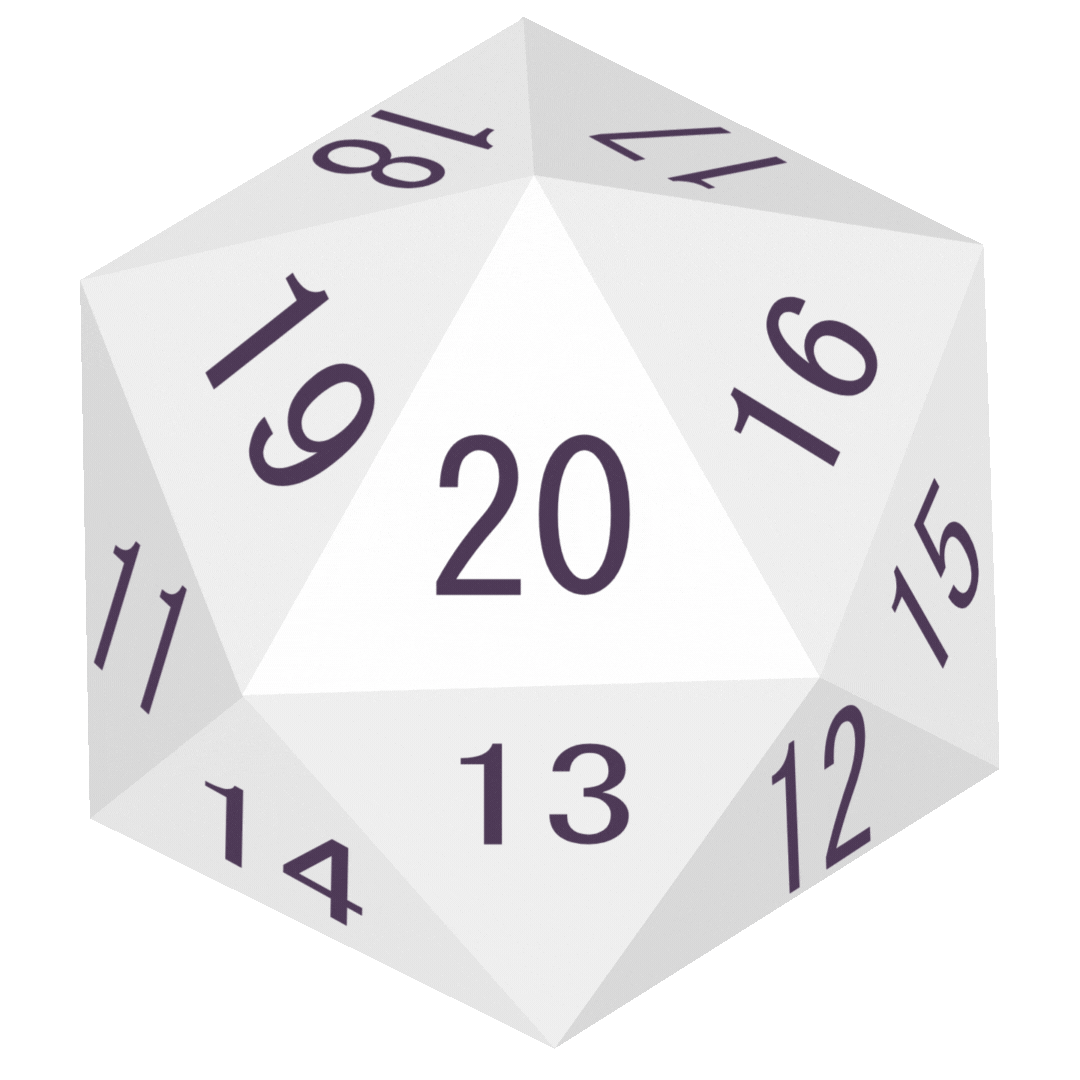Holistic Recovery – More Than Managing Symptoms
- Ben Turner
- May 30
- 3 min read
When we talk about holistic recovery, we mean looking at all the parts of your life, not just the medical symptoms of a condition. Mental health recovery isn’t only about reducing anxiety or stabilising mood (though those are important); it’s also about finding purpose, connecting with others, taking care of your body, and nurturing your spirit. In other words, recovery encompasses your whole life: mind, body, spirit, and community.
At ROS, we embrace this holistic philosophy. What might that look like in practice? For example:
● If you’re working with a recovery coach on coping with depression, we won’t just focus on things like therapy or medication. We might also explore your social connections (do you have supportive friends or might you benefit from a community activity?), your daily routine (could better sleep or nutrition help your mood?), your sense of meaning (what gives you joy or purpose – maybe art, faith, helping others?), and even your physical wellness (exercise or a check-up might play a role). All these pieces matter in recovery.
● We recognize that mental health and physical health are intertwined. Holistic recovery means if you’re dealing with lots of stress, practicing self-care like light exercise or relaxation techniques can improve your mental state, which in turn might help you feel more energy to engage socially – a positive ripple effect across domains.
● It also means we see you as more than a diagnosis. You might be an animal lover, an ace videogamer, a parent, a musician – all those identities are part of your wellness. A holistic approach would encourage you to engage in your passions as part of healing. Love gardening? We’d say that’s not unrelated to recovery – that is recovery, because it enriches your life and wellbeing. 🌱🎸
Holistic recovery is in line with what many leading mental health organizations promote: focusing on areas like health, home, purpose, and community. It’s about helping you thrive in all aspects. For example, the American Psychological Association notes that a holistic recovery plan addresses physical, emotional, social, and spiritual needs together. We carry this mindset into our sessions. We might ask about your relationships – are there people important to you that you’d like to reconnect with? We might ask about leisure – what do you enjoy doing for fun (and can we increase those positive activities)? We’ll certainly ask about your goals – not just clinical goals like “less panic attacks,” but life goals like “maybe study again,” “get a job I like,” or “live independently.” Then we’ll help break down steps to move toward those goals, tapping into various supports.
A holistic view also means acknowledging environmental factors. Housing, finances, culture, stigma – these broader factors affect recovery. We advocate for you in those areas too (for instance, linking with housing support if needed, or providing psychoeducation to your workplace if that’s something you want, etc.).
In short, you are a whole person, and your recovery is a mosaic of many pieces. By nurturing each part – social, emotional, physical, spiritual – you can build a fulfilling life. And remember, progress in one area often fuels progress in others. So celebrate that gym class or book club or meditation practice as part of your recovery – it all counts! We’re here to support you in balancing all these elements on your journey to wellness. 🌈





Comments